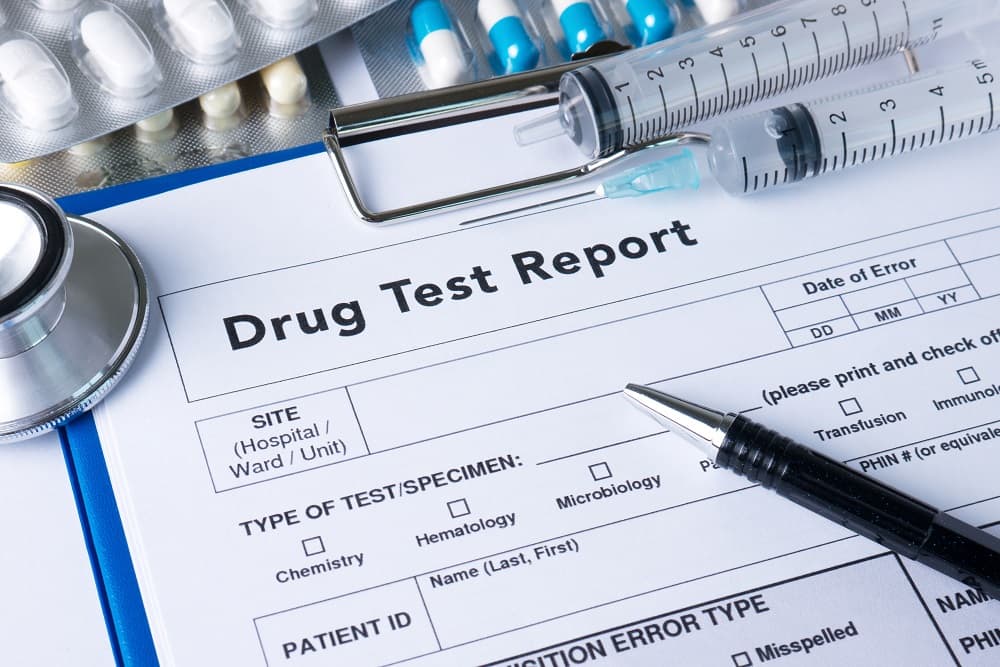
For many reasons, employers may require their employees to submit to a drug test. They may require the test as part of their hiring practices, or they may require employees to submit to random drug tests. When workers are injured on the job and wish to file for workers’ compensation, an employer may even ask an employee to take a drug test in order to determine whether they were impaired on the job and should be denied benefits.
When employees are asked to take a drug test, they often wonder if it is a violation of their rights. Colorado is an “open” state, which means that employers do not have any limits or requirements which they must follow when testing for drugs in the workplace. However, this rule has an exception: Employers must have a written policy in place for drug testing in regards to unemployment and workers’ compensation.
If you are an employee who believes that your employer violated your rights by making you submit to a drug test after a workplace injury, you should seek help immediately from an experienced Colorado workers’ compensation lawyer at The Wilhite Law Firm. Since 1977, we have aggressively protected injured employees and their families throughout Colorado. Contact us now to discuss your case.
When Can Employees Be Drug-Tested for Work?
In Colorado, employees can be required to submit to drug tests any time an employer asks. Employers cannot be sued if they require an employee to take a drug test, and the employee is fired because he or she fails that drug test. Employers also cannot be sued when they require a worker to take a drug test as part of a workers’ compensation claim.
With that said, employers must have a clear, written policy outlining their right to ask for this type of test. If it does not pertain to workers’ compensation or unemployment, Colorado employers can ask workers to take a drug test and, generally, employees must comply with the request.
Can You Refuse a Drug Test for Workers’ Comp?
If your employer has a clear, written policy which permits the employer to order a worker to undergo a drug test, your employer can ask for one. You can still refuse to take the drug test. However, because you have violated one of your employer’s policies, your employer may have the right to terminate your employment.
 In most cases, it is beneficial for employees to comply with their employer’s request for a drug test. Arguing the results, even when those results are positive, may still give employees a better chance of receiving workers’ compensation benefits.
In most cases, it is beneficial for employees to comply with their employer’s request for a drug test. Arguing the results, even when those results are positive, may still give employees a better chance of receiving workers’ compensation benefits.
If your employer does not have a written policy pertaining to drug tests and workers’ compensation, you can refuse to take the test without fear of repercussion. Due to the fact that the employer did not have a policy in writing, you are not violating a policy. So, you cannot be fired or denied workers’ compensation benefits as a result of refusing to take the test.
What Happens to Your Workers’ Comp Claim If You Fail a Drug Test?
Failing a drug test can have consequences for a workers’ compensation claim. Under Colorado law, workers’ compensation benefits can be reduced by as much as 50 recent for both wages and medical benefits if an employee was under the influence of drugs at the time of his or her accident.
However, a lawyer can argue against an employee being stripped of these benefits. For example, if an employee fails a drug test because marijuana was found in his or her system, it does not necessarily mean that the employee was impaired at the time of the workplace accident. Tetrahydrocannabinol (THC), the psychoactive component in marijuana, can remain in a person’s system for up to 30 days, particularly if the person uses it regularly. However, THC typically causes impairment for only a matter of hours after use.
All employees in Colorado should understand that failing a drug test can make it more difficult to claim workers’ compensation benefits, but they can still claim at least a portion of their benefits. A Colorado workers’ compensation lawyer can help employees to file a claim for the full amount of benefits they deserve.
Can You Appeal the Denial of Your Workers’ Comp Claim?
Even though thousands of workers’ compensation claims are filed in Colorado every year, not all of those claims get approved. If you are denied workers’ comp, and you do not agree with the decision which the insurance company made, you can take steps to appeal the decision.
The first step in appealing a decision is to speak with your employer and the insurance company, if possible. If you are not comfortable doing this – particularly speaking to the insurance company – you can get help from a workers’ comp lawyer at The Wilhite Law Firm. Your lawyer can deal with your employer or the insurer on your behalf.
If the insurance company or your employer still dispute your claim (which is common), you can file an official appeal. During the appeal, you may need to appear before an administrative law judge. You will have the chance to argue your case to the judge, talk about your injuries and explain why you deserve workers’ compensation benefits. Many injured employees are unsure about what to expect during this hearing, but a workers’ compensation lawyer from our law firm can help you to prepare for it.
Get Help from a Colorado Workers’ Compensation Lawyer Today
A Colorado workers’ compensation attorney at The Wilhite Law Firm can advise you of your rights and options if your employer requires you to take a drug test. Our attorneys are extremely familiar with the workers’ compensation system and the laws surrounding the conditions under which your employer can require drug tests. If you have been hurt at work, contact us to schedule a free consultation with one of our lawyers and learn more about the assistance that we can provide to you.





















